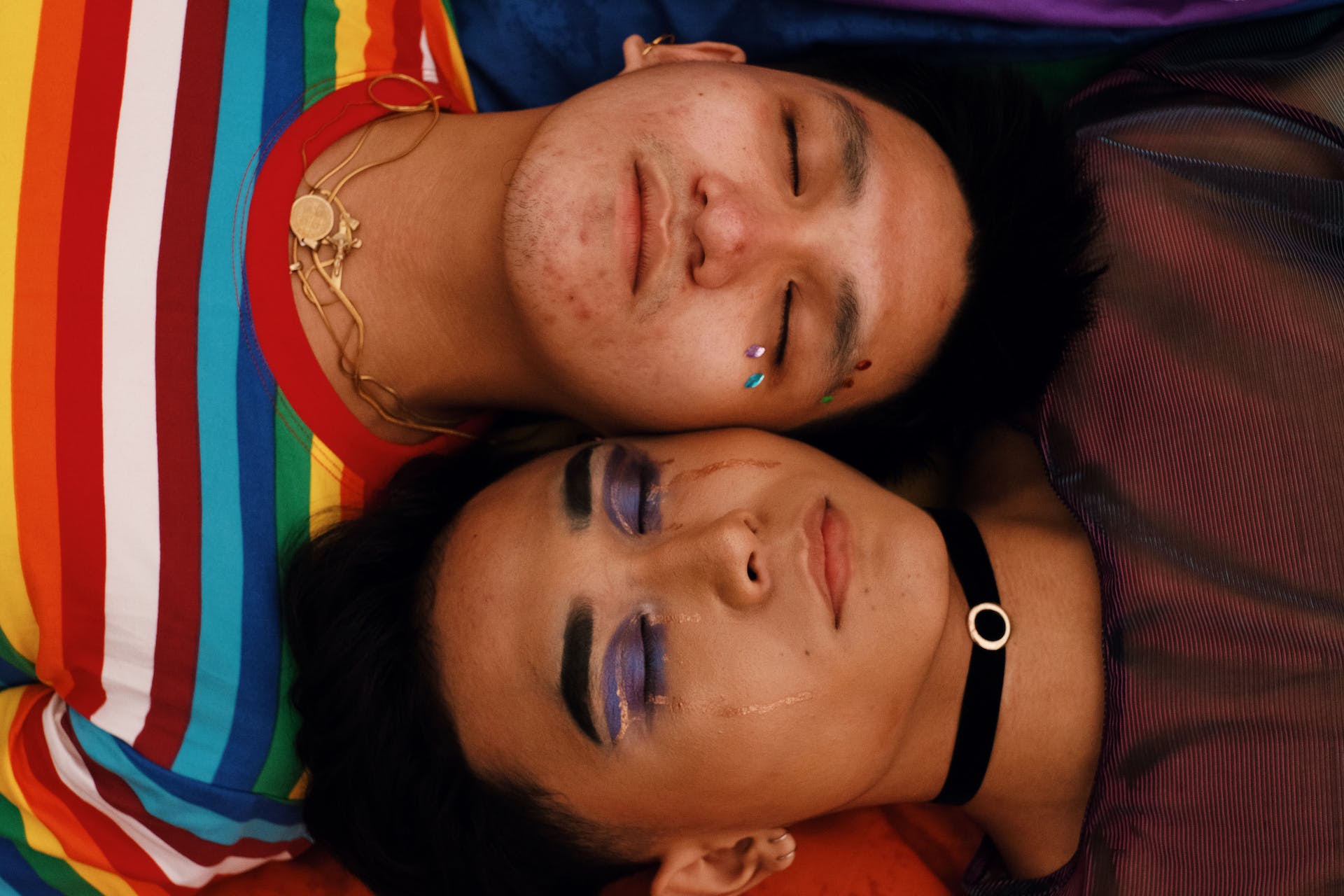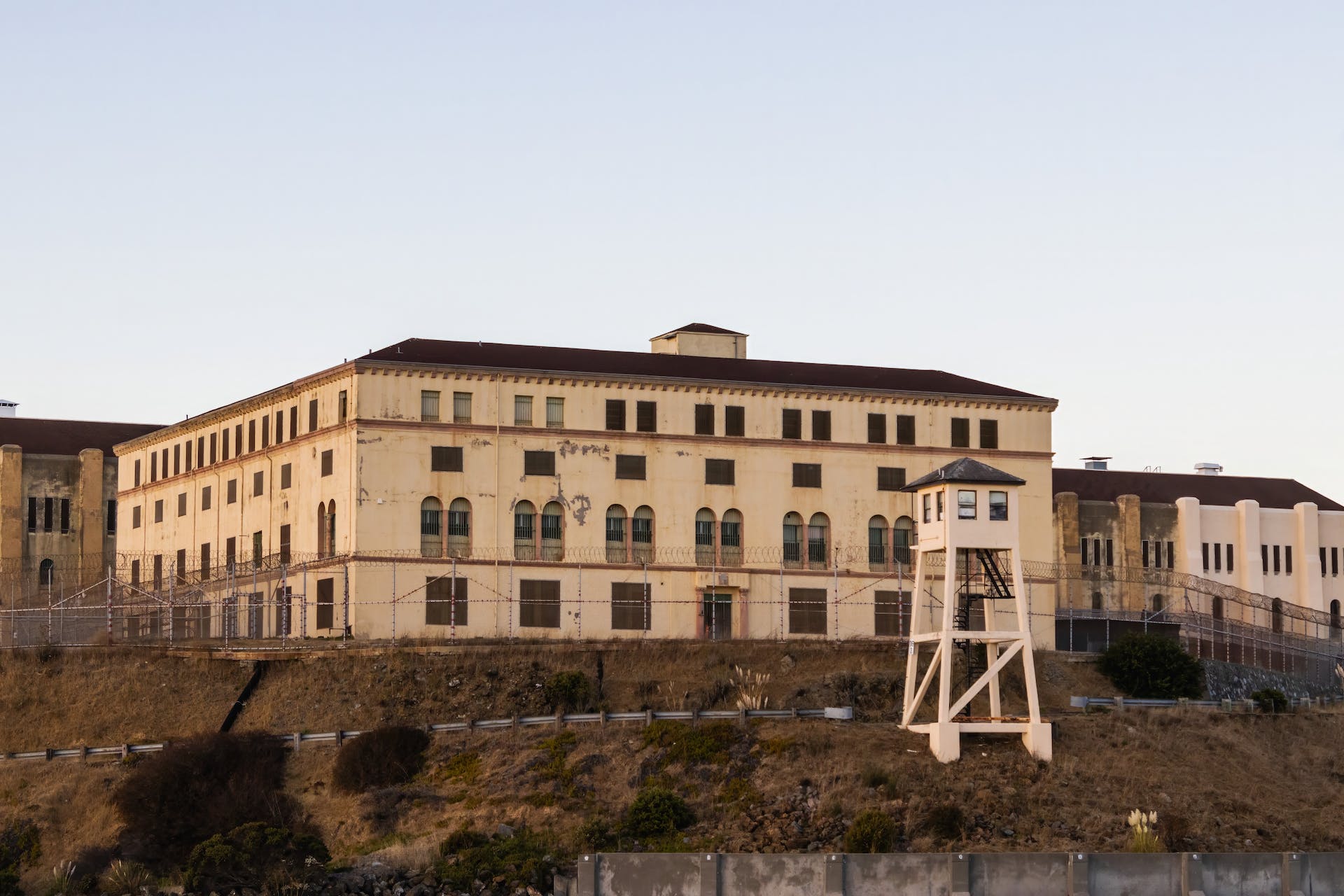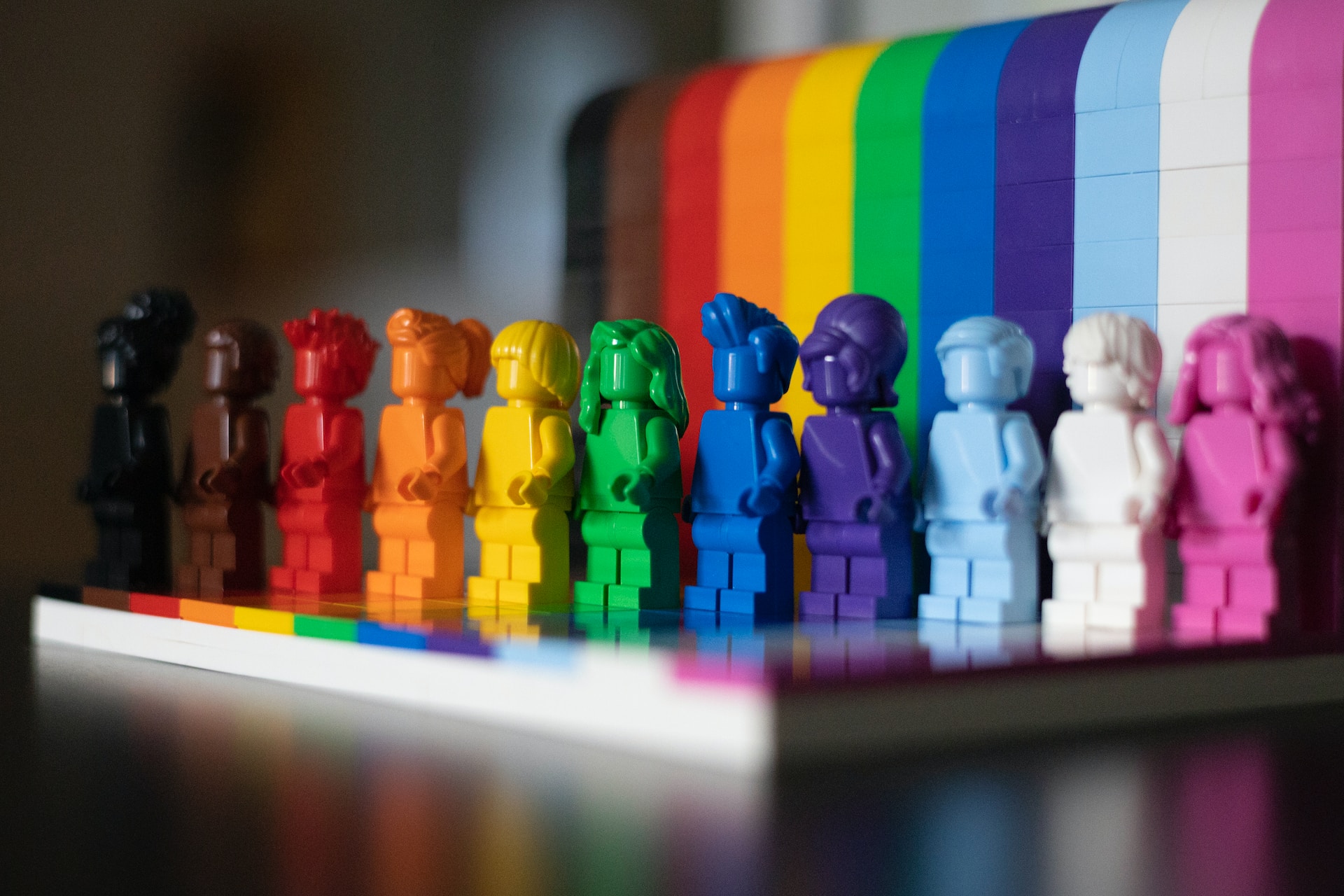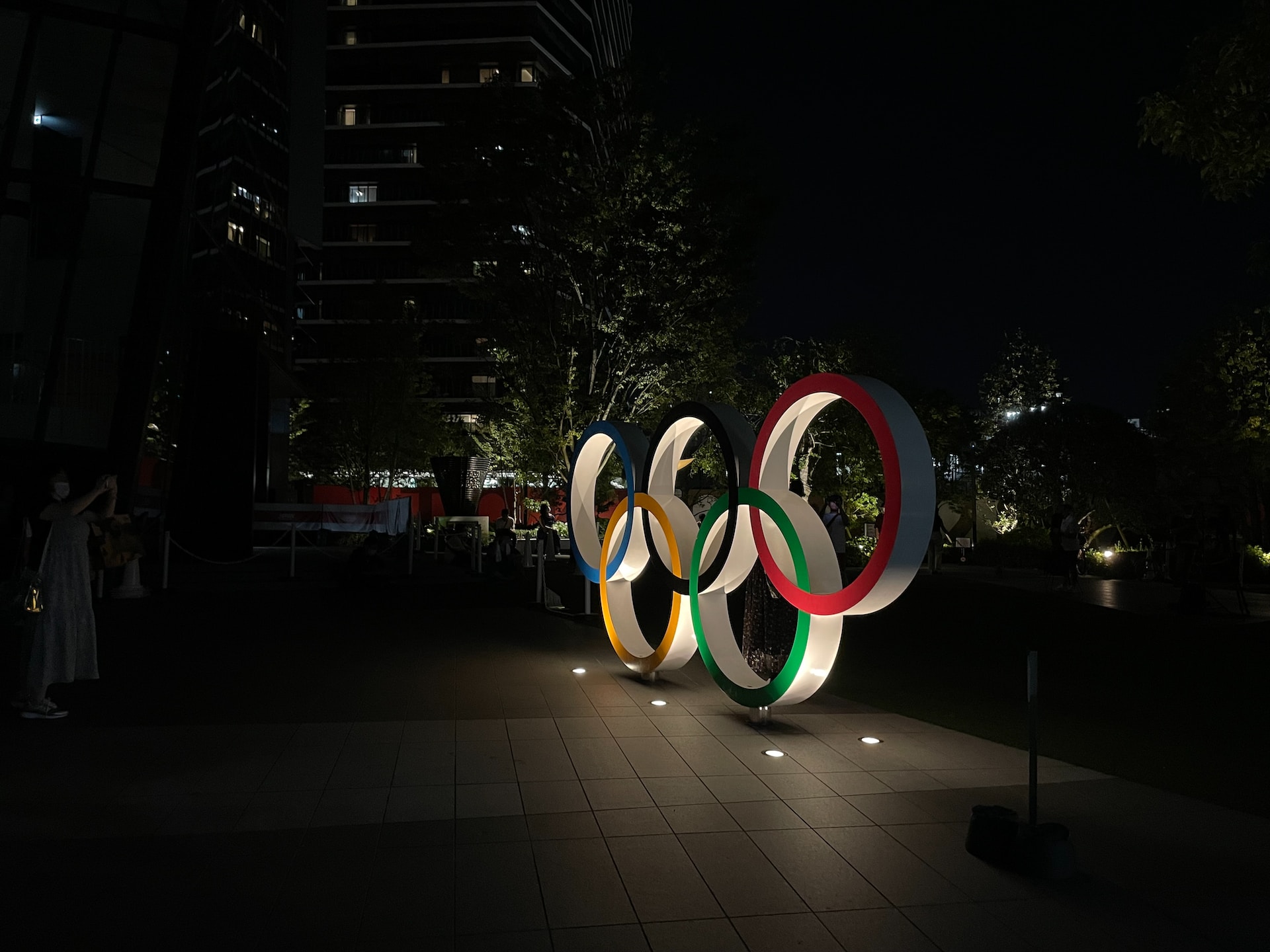Volleyball Victory Sparks Cultural Tensions in Turkey

Turkey’s women’s volleyball team clinched the European championship, but the triumph was quickly overshadowed by societal strife. The team’s success was marred by the debate surrounding Ebrar Karakurt, a towering figure in the sport and a prominent LGBTQ+ icon. The nation’s split between secularism and Islamism has been brought into sharp relief, with Karakurt at the epicenter of the clash.
Erdogan’s Congratulatory Message Meets Backlash
Despite President Recep Tayyip Erdoğan’s congratulatory remarks to the “Sultans of the Net,” a wave of homophobic sentiment has surged across social media platforms. The government faces criticism for its perceived inaction in defending Karakurt from a barrage of attacks rooted in conservative Islamist ideology.
Public Figures Weigh In
The controversy intensified when İbrahim Melih Gökçek, former Ankara mayor, publicly denounced Karakurt, stirring further discord. His inflammatory remarks on X, a social media platform, were a stark call to action against the volleyball star, insisting she be removed from the national team.
Karakurt’s Stand for Personal Freedom
Karakurt has been under scrutiny by radical Islamist groups since revealing her relationship on social media. Without declaring her sexual orientation, she has consistently fought for her rights and freedoms against the ongoing homophobic onslaught.
Sports as a Symbol for LGBTQ+ Rights
The European championship has transcended sports, becoming a battleground for LGBTQ+ rights and secular life in Turkey. Aslı Alpar from KaosGL highlights the sporting event’s evolution into a demonstration against the systematic hate speech perpetuated by pro-government media and Islamist factions.
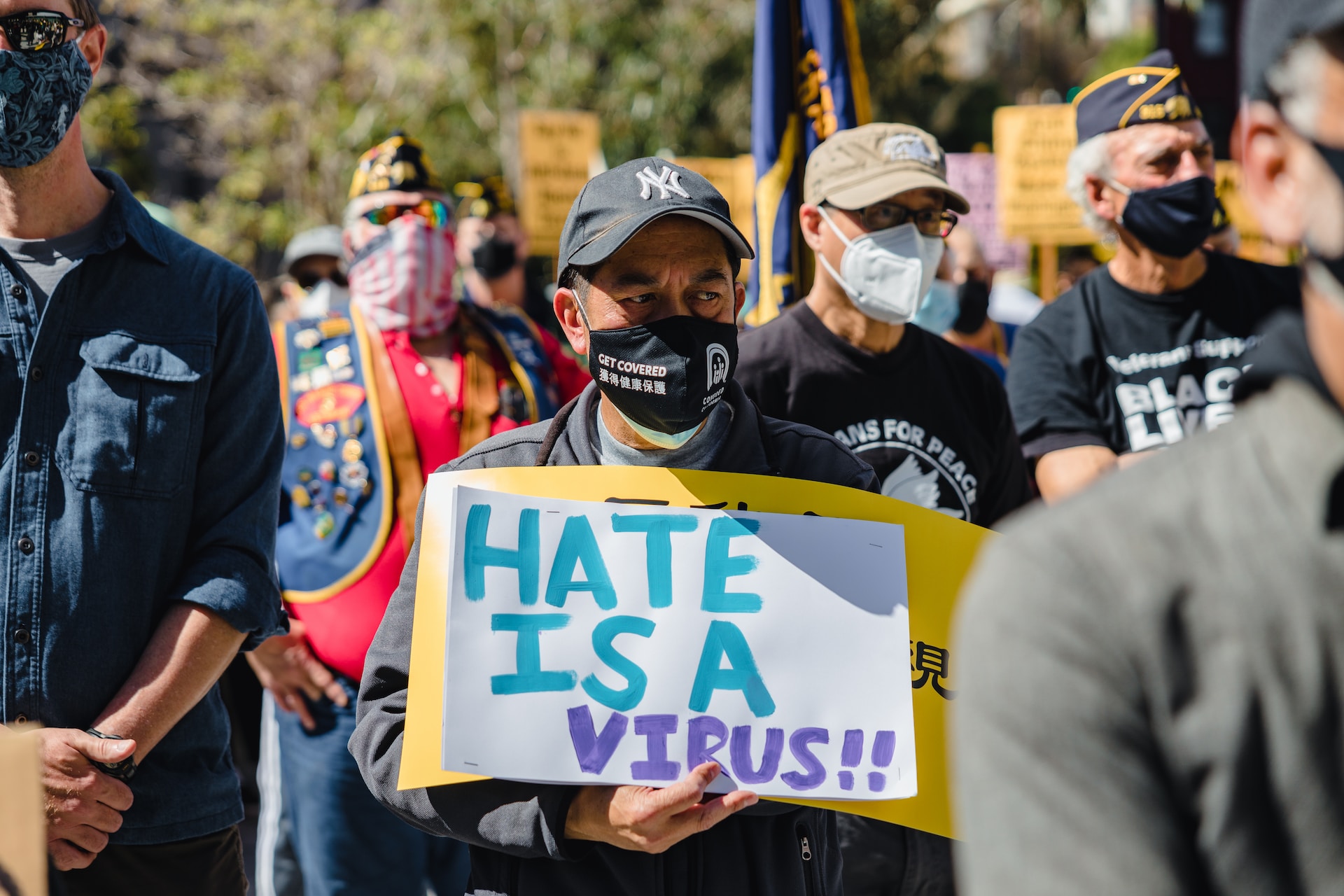
The Political and Social Landscape
Homosexuality, while not criminal in Turkey, faces increasing suppression under government directives. The restriction on LGBTQ+ expressions and events, including the ban on Pride marches, underscores the shrinking space for such communities.
Historical Echoes and Political Implications
The debate has taken a historical turn with the invocation of Abdülhamid II, a figure symbolic of the Ottoman Empire’s conservative past. Karakurt’s response to an online attack by someone emulating the sultan underscores the ideological battle between conservative and secular values in contemporary Turkey.
The Bigger Picture
Despite the uproar, Sinan Ülgen of Carnegie Europe observes that the general populace is proud of the volleyball team’s achievement, suggesting that the issue might not be as polarizing nationally as it appears. However, he criticizes the government’s silence as tacitly encouraging radical rhetoric.
The Aftermath of Silence
Recent secular outcry against the attempted ban on public alcohol consumption indicates a broader discontent with the government’s approach to social policy. The lack of defense for Karakurt by Turkish officials is seen not only as negligence but also as a political stance in itself, leaving the nation at a crossroads of cultural identity and civil liberties.
©equalityvoices.org


